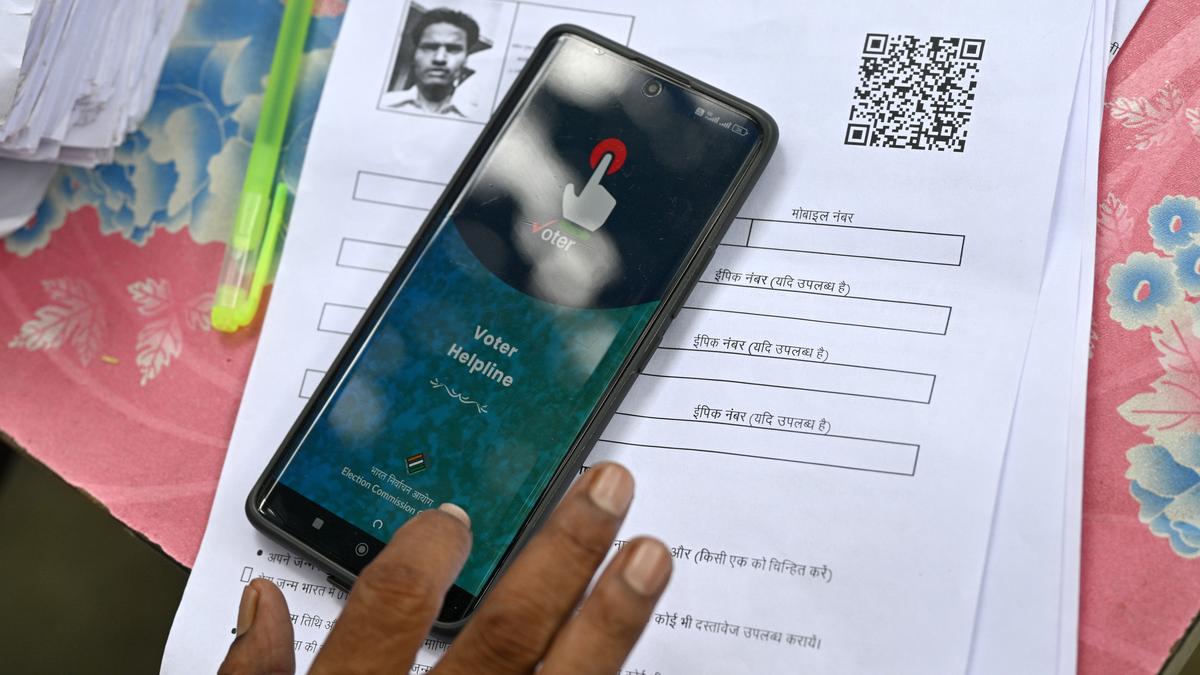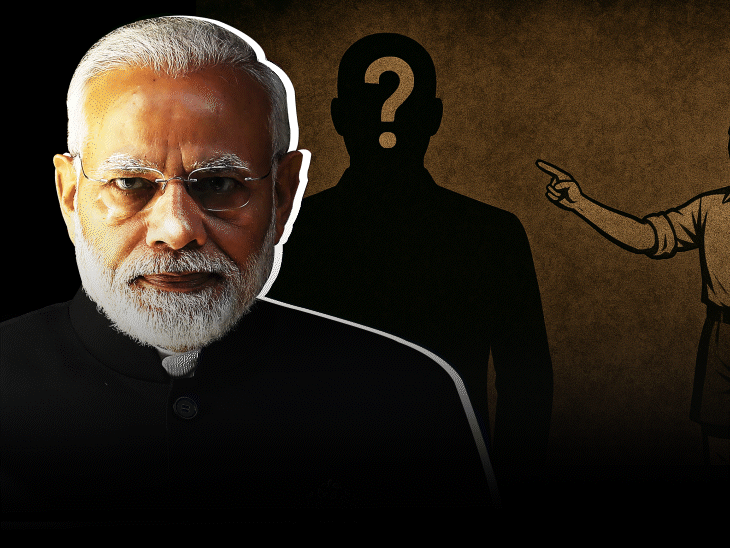Now Reading: EC Plans Pan-India Special Revision of Voter Rolls: What It Means for You
-
01
EC Plans Pan-India Special Revision of Voter Rolls: What It Means for You
EC Plans Pan-India Special Revision of Voter Rolls: What It Means for You

India’s Election Commission (EC) is preparing a countrywide Special Intensive Revision (SIR) of electoral rolls before the year ends. The move aims to update and cleanse voter lists, ensuring no eligible citizen is excluded and that only qualified individuals are on them. For citizens in Tier-2 cities, this could affect voting rights, documentation requirements, and what you need to do to stay correctly registered.
What Is SIR and Why Now
The Special Intensive Revision differs from the usual annual Summary Revision. It is more thorough, using records from the last intensive revision as benchmarks. State Chief Electoral Officers have met to assess existing data, update voter lists, and suggest documents accepted for proof of eligibility. The reference date for this SIR will be January 1, 2026.
Key Preparations Underway
Almost all states and Union Territories report having digitised electoral rolls and archives from the previous intensive revision. Officials are matching these records with current rolls. If a voter is already on the earlier list, they may only need a simple form and signature rather than fresh documentation.
States are also proposing state-specific documents in addition to those already universally recognised. The EC may decide whether to have a common document list or allow variations across states.
Challenges for Tier-2 Cities
In smaller cities, many citizens hold documents like local utility bills, ration cards, or land ownership papers—some of which may not be universally accepted under new rules. Awareness about what constitutes valid proof remains low. Travel distance to electoral offices and limited help lines also make verification harder.
Festivals, holidays, and local disruptions could delay or complicate document gathering in Tier-2 areas. Local election offices may need extra staff or weekend services to accommodate those who cannot visit centers during working hours.
What You Should Do
Check if your name appears on the latest published electoral roll. If not, locate the documents you have that establish proof of identity and citizenship. Keep updated with notifications from local Election Commission offices. Don’t wait till the last moment—start preparing beforehand, especially if your documents need translation or verification.
Conclusion
The upcoming SIR promises a more complete and accurate electoral roll across India. For citizens, especially in smaller cities and towns, this revision offers a chance to ensure voting rights are preserved and electoral records are clean. But it will require awareness, documentation, and timely action. In the end, a fair electoral process depends on both the EC’s procedures and citizen participation.

























